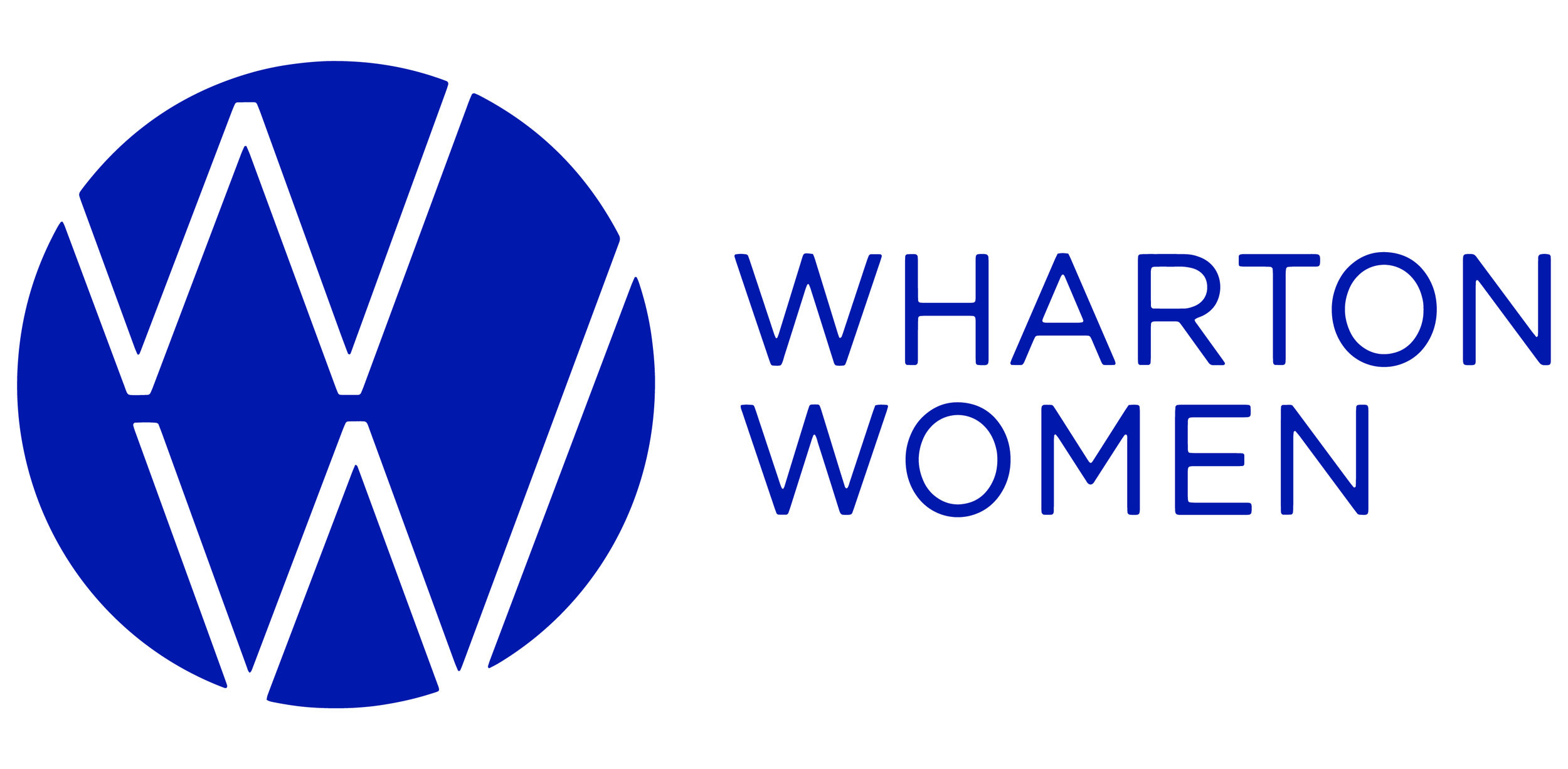Lucy Xu W'13
Contact: Get in touch with Lucy Xu on LinkedIn and at lucy@theportglobal.com.
Could you introduce yourself? What did you study at Penn?
I’m Lucy Xu, Founder and CEO of The Port Global, an international consulting firm supporting innovation and initiatives in emerging arenas.
As a Chinese-American, I’ve always wanted to travel back to the roots of the Silk Road. So in 2017, I moved from NYC to Athens to target the potential for innovation, cooperation, and expansion that exists between these markets through the US and Europe. My background is in technology and marketing, formerly at IBM Global Business Services and Curalate (Wharton MBA-founded). At Penn, I started out in the M&T dual degree program but soon realized it wasn’t for me and dropped the “T” my sophomore year. I graduated from Wharton with concentrations in marketing and management.
What do you do now and where are you based?
I’m in between Athens, New York City, and São Paulo. My main base has been Athens for the past five years, arriving just at the tail end of the crisis to support startups and innovation in emerging arenas like Greece, with work bringing me back to America often. Most recently, I returned from six months of field research in the Amazon Basin. Next month, our team will go to Malaysia to further develop a new sustainability tech initiative bridging Latin America through Southeast Asia, following the path of a modern-day Silk Corridor.
What are you working on in Brazil?
A project that seeks to build a network to accelerate the exchange between ecology and economy by focusing on a particular species of native bees. Specifically, our team is aggregating this research into an interactive international platform. These bees exist solely in the subtropical belt and the network takes the form of a platform that, in its first phase, will map where pollinators live to facilitate the exchange of knowledge across these regions and shed light on the climate change reality that we’re all facing.
What has been the proudest accomplishment of your career?
The bridges I’ve built across perspectives, people, and generations – just like through this interview. It is invaluable to bring together countries, cultures, and communities; and even more so in this specific period of change, it is very meaningful to assess various approaches to find common interests.
What was a challenge you faced that you didn’t expect?
The cultural aspect is something that I underestimated. There’s many effective and humane ways to build relationships, conduct trade, and collaborate; it’s important to know when to a step back rather than assert your experience. Working on a transnational, transcultural, and transcalar level shows you that there’s no one “right” way to do business and live life. Transplanting yourself into a new environment gives you opportunities to expand your world view and, if you’re lucky, to shake it up a bit.
How has being a woman of color affected your career trajectory, if it has?
Beyond race, gender, or other dividing lines, it is more about understanding that our differences aren’t necessarily weaknesses, as transitory shaped by certain societal narratives, but rather opportunities for learning. This reminds me of an anecdote from when I first arrived in Greece: people would ask me where I was from and I would say Michigan. After some months, a few friends told me that when people ask this, they’re asking for the origins. They see my name, my physical attributes, my behaviors, and want to better understand my roots beyond my nationality to give proper homage to the Eastern roots that has long been close to the region – not only in commerce but also in philosophy, society, and spirituality among other values – with its unique place at the crossroads of the Oriental and the Occidental.
Understanding where we come from, even and especially generations back is very important in a society like Greece with various millennia of continued history. Unlike other connotations or contexts, this was not a dividing question, but a very powerful way to gather a sense of mutual understanding and respect.
What advice do you have for undergraduates?
Don’t stress too much, you’re doing great. When I decided to leave M&T, I was worried about what classmates would think. When on-campus recruiting was seemingly deciding my future fate, I was worried about disappointing my family. I was so busy worrying about what other people thought that I wasn’t able to see the opportunities that such decisions actually opened.
When I left the corporate world for a startup, people told me it was too risky. When I moved to Greece from NYC, people told me I was crazy for moving toward the crisis rather than away from it. When I left for Brazil for the new international initiative, people told me I was going to die just getting off the plane.
As the quote by Confucius goes: “When you do something, know that you will have against you those who would like to do the same, those who wanted to do the opposite, and the vast majority of those who would not do anything.” In the end, it’s about staying in your own lane. What is right for others might not be right for you. But this I’ve always held true: when it’s a little scary, when you’re out of your comfort zone, that’s when you know you’re on the right path to open new perspectives.
What is the worst career advice you have received?
Once, a manager told me: “Shut up, put your head down, and do your work.” That was definitely the worst piece of advice I have ever received. If you’re not content, advance yourself by all means necessary. You need to feel good and appreciated by your environment to reach your highest potential.
